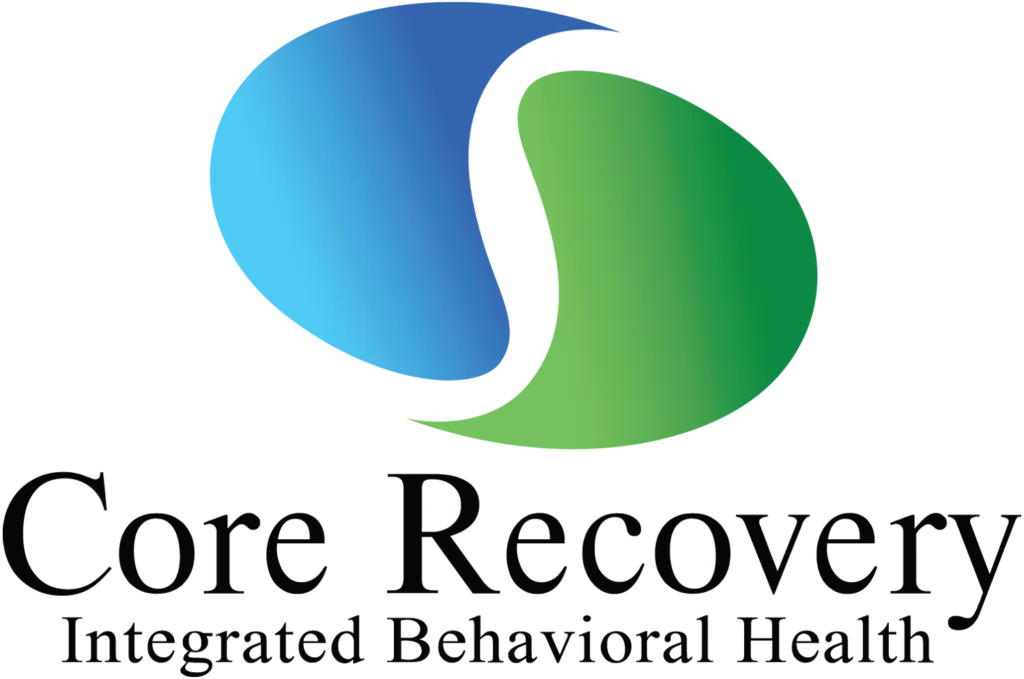Eating disorders can profoundly impact not only the individuals facing them but also their loved ones. Supporting loved ones struggling with eating disorders requires understanding, patience, and compassion. It’s essential to recognize that these disorders are complex and often stem from various psychological and social factors. The journey to recovery can be long and challenging, but your support can make a significant difference.
By educating yourself about the different types of eating disorders and their symptoms, you can provide informed support. Open communication and encouragement can help your loved ones feel safe and understood. Whether it’s attending therapy sessions, helping them develop healthy eating habits, or simply being there to listen, your involvement can play a vital role in their path to healing.

Understanding the Different Types of Eating Disorders
Eating disorders come in various forms, each with unique characteristics and underlying causes. The most common types include anorexia nervosa, bulimia nervosa, and binge-eating disorder. Anorexia involves extreme restriction of food intake and an intense fear of gaining weight, often leading to severe weight loss. Bulimia is characterized by cycles of binge eating followed by purging to prevent weight gain, creating a cycle of guilt and shame.
Binge-eating disorder entails consuming large quantities of food in a short period without compensatory behaviors, leading to feelings of distress. Understanding these different types of eating disorders is crucial for providing effective support. Each disorder has distinct challenges, and recognizing these differences can help you approach your loved one’s situation with empathy and knowledge, fostering a more supportive environment.
Recognizing the Signs and Symptoms of Eating Disorders
Recognizing the signs and symptoms of eating disorders is crucial for early intervention and support. These disorders often manifest in various physical, emotional, and behavioral changes. By being aware of these indicators, you can help your loved one seek the help they need before the situation escalates.
- Dramatic Weight Changes: Noticeable fluctuations in weight, whether significant weight loss or gain, can be a strong indicator of an eating disorder.
- Preoccupation with Food: An obsessive focus on food, dieting, or body image, including frequent discussions about weight and calorie intake.
- Avoidance of Meals: Skipping meals, refusing to eat in social settings, or hiding food can signal a problem with eating behaviors.
- Changes in Mood or Behavior: Increased irritability, anxiety, or withdrawal from social activities may suggest underlying emotional distress related to an eating disorder.
- Physical Health Issues: Frequent gastrointestinal complaints, dental problems (especially for those who purge), or other health concerns can be signs of eating disorders.
Understanding these signs can empower you to approach the situation with empathy and prompt your loved one to seek the necessary support. Your awareness and intervention can be a vital step toward their recovery.
The Role of Communication in Support
Effective communication is vital when supporting someone struggling with eating disorders. It’s important to approach conversations with sensitivity, ensuring that your loved one feels safe and understood. Avoid being confrontational or judgmental; instead, express your concerns in a compassionate and non-judgmental way. Active listening is key—allow them to share their feelings and experiences without interruption.
Ask open-ended questions that encourage dialogue, making it clear that you are there to listen rather than to criticize. Reassure them of your support and emphasize that recovery is possible. By fostering a safe space for honest conversation, you can help your loved one feel less isolated in their struggles. This supportive communication can strengthen your relationship and encourage them to seek the help they need.
Encouraging Professional Help and Resources
Encouraging your loved one to seek professional help is essential for their recovery from eating disorders. Mental health professionals, such as therapists or dietitians specializing in eating disorders, can provide valuable support and treatment tailored to their specific needs. Researching local resources, such as clinics, support groups, and helplines, can help you present options when discussing the importance of professional intervention.
Be patient and understanding, as your loved one may initially resist the idea of seeking help. Offer to assist them in making appointments or even accompany them if they feel anxious. Highlighting the benefits of professional support, such as personalized treatment plans and coping strategies, can motivate them to take this crucial step toward recovery. Your encouragement can be a powerful catalyst for positive change.
Helping Loved Ones Develop Healthy Eating Habits
Supporting your loved one in developing healthy eating habits is a critical aspect of recovery from eating disorders. Encourage them to establish regular meal and snack times, which can help normalize their eating patterns and create a sense of routine. Involve them in meal planning and preparation, emphasizing nutritious foods without placing restrictions on what they can or cannot eat.
It’s important to focus on balance rather than perfection; remind them that healthy eating is about moderation and variety. Celebrate small victories together, such as trying new foods or cooking a healthy meal. Additionally, be mindful of your own eating habits and attitudes towards food, as these can influence your loved one’s relationship with eating. By promoting a positive approach to food, you can help them rebuild a healthier connection with eating.
Navigating Challenges in the Recovery Process
Recovery from eating disorders often comes with challenges that can be daunting for both the individual and their loved ones. It’s important to recognize that setbacks may occur, and progress might not always be linear. Encourage your loved one to be patient with themselves and to understand that healing takes time. Be prepared for difficult emotions to arise, such as frustration, anxiety, or resistance to change.
Providing unwavering support during these moments is crucial; remind them that they are not alone in their journey. Offer to join them in activities that promote self-care and stress relief, such as exercise, art, or mindfulness practices. Being present and reassuring them of your commitment to their recovery can help build resilience and strengthen their resolve to overcome obstacles along the way.
The Importance of Self-Care for Supporters
Supporting someone with an eating disorder can be emotionally demanding and draining. As a supporter, it’s essential to prioritize your own well-being to maintain the strength and empathy needed to help your loved one effectively.
- Prioritize Mental Health: Engage in activities that promote mental well-being, such as meditation, therapy, or mindfulness exercises.
- Set Boundaries: Establish limits on your time and emotional investment to avoid burnout, ensuring you have space for your own needs.
- Stay Connected: Maintain relationships with friends and family, as social support can provide a necessary outlet for your feelings and concerns.
- Engage in Physical Activity: Regular exercise helps reduce stress and boost your mood, making it easier to cope with the challenges of supporting someone else.
- Pursue Hobbies and Interests: Make time for activities you enjoy, whether it’s reading, painting, or gardening, to create a sense of balance and joy in your life.
By prioritizing self-care, you equip yourself to be a more effective supporter, allowing you to navigate the complexities of your loved one’s journey with greater resilience and compassion.
Conclusion
Supporting a loved one struggling with an eating disorder is a journey that requires patience, understanding, and compassion. By recognizing the signs, fostering open communication, and creating a safe environment, you can play a pivotal role in their recovery. Encourage them to seek professional help and assist in developing healthy eating habits while also navigating the challenges they may face along the way.
Remember, self-care is crucial for you as a supporter, ensuring that you remain emotionally equipped to help. If you or someone you care about needs guidance, Core Recovery in Phoenix, Arizona, is here to help. Don’t hesitate to reach out at 602-926-7729 for support and resources tailored to your needs. Together, we can pave the path toward healing and recovery.







 In CA By O360®
In CA By O360®